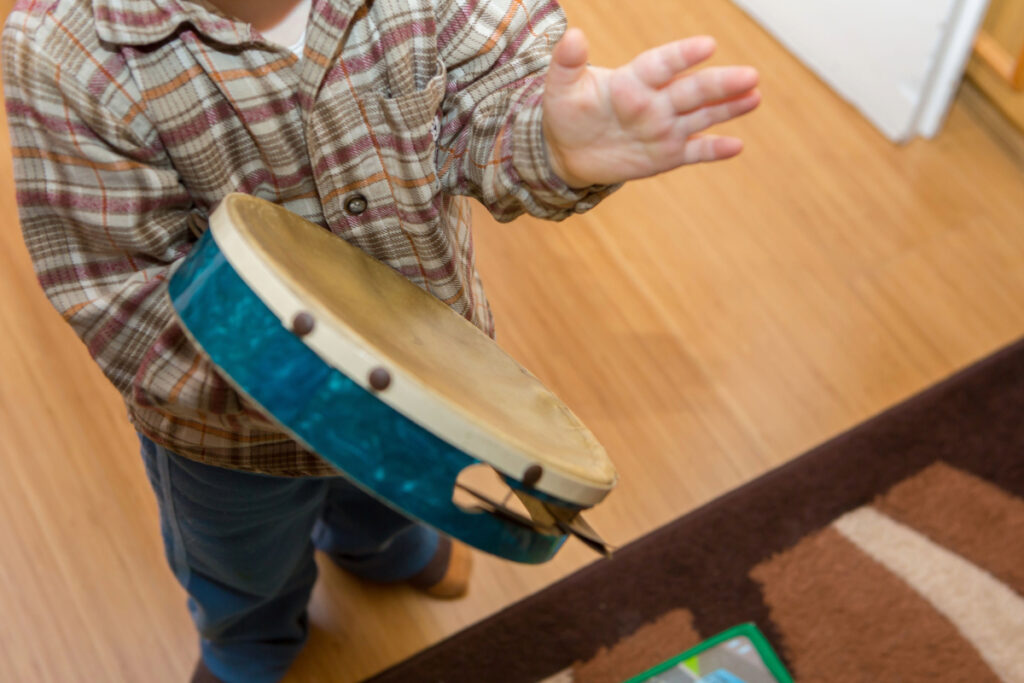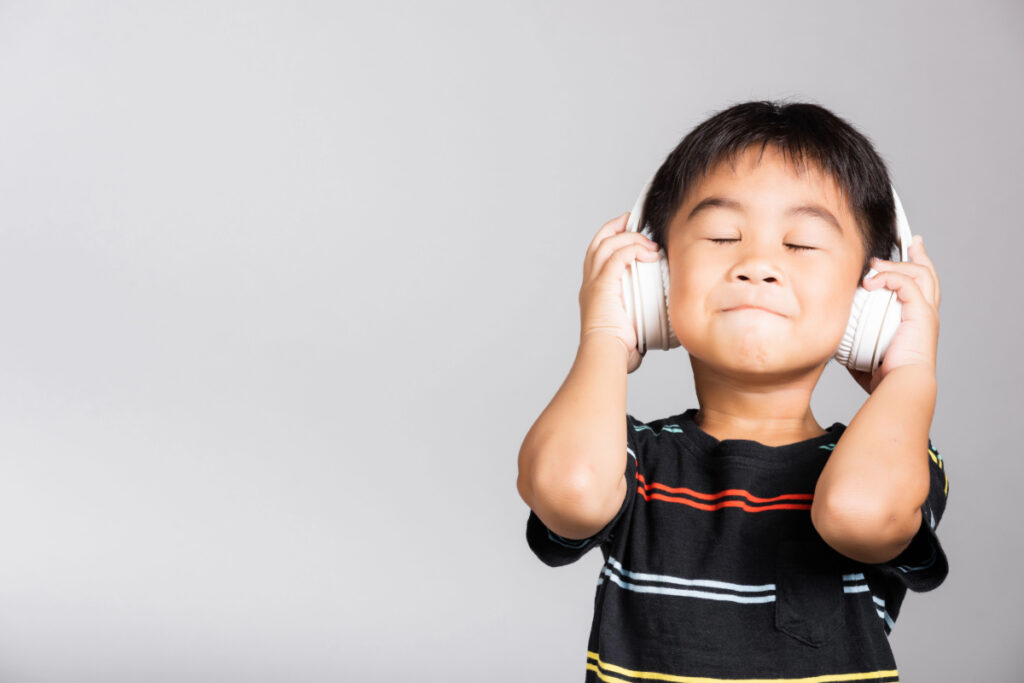The Benefits of Music Therapy for Differently-abled Children
Integrating music therapy nurtures your child’s cognitive, emotional, and physical development.
Music therapy is a powerful tool that offers numerous benefits for differently-abled children, helping to support both cognitive and emotional development.
Parents and caregivers can create a joyful, therapeutic environment that fosters growth and learning by incorporating music into daily routines.
Here are some ways to integrate music therapy into your child’s life:
Start with Familiar Songs
Using songs your child knows can create a comfortable and engaging atmosphere. Familiar tunes provide a sense of security, making participating easier for children. Singing along to these songs enhances language development and encourages emotional expression. Whether it’s a nursery rhyme or a favourite pop song, the familiarity of the music can make the experience more enjoyable and effective.

Use Instruments
Introducing simple instruments like drums or tambourines can be a fun and creative way for children to express themselves. Playing instruments helps improve motor skills, as children learn to hold and manipulate different objects. It also provides sensory feedback, which can be particularly beneficial for children with sensory processing challenges. Making music allows children to explore sound, rhythm, and creativity engagingly and interactively.
Movement with Music
Encouraging movement to the rhythm of the music is another excellent way to incorporate music therapy. Dancing, clapping, or using hand movements in time with the music can improve coordination and enhance body awareness. This physical activity is fun and helps with physical fitness and overall well-being. The combination of music and movement can be especially effective in helping children develop a stronger connection between their minds and bodies.
Music for Relaxation
Soft, calming music can be a valuable tool for helping children unwind, especially during stressful moments or before bedtime. Creating a playlist of soothing tunes tailored to your child’s preferences can make relaxation time more effective. This practice can help reduce anxiety, improve sleep quality, and create a peaceful environment where your child feels safe and secure.

Interactive Music Sessions
Organising group music activities where children can take turns playing instruments or singing is a great way to promote social interaction and teamwork. These interactive sessions help children develop social and musical skills as they learn to collaborate and share the joy of making music together.
Integrating these music therapy strategies into your child’s daily routine can create a supportive and enriching environment that nurtures their cognitive, emotional, and physical development.




